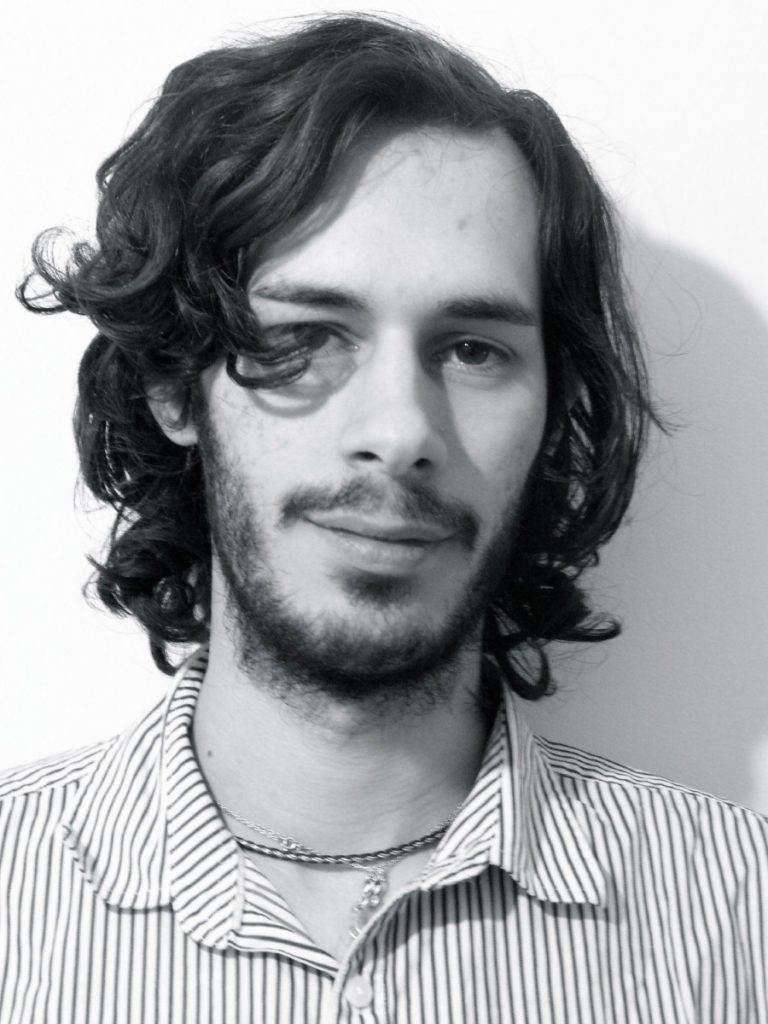This Is Your Brain Online: Is trolling Putin’s secret weapon?
By Carl Miller
A few days ago, on May 3rd, it was Press Freedom Day. Around the world, events were held and prizes given celebrating freedom of expression and those journalists embodying it in toughest circumstances. I found out about it on Twitter, of course – #pressfreedom.
Citizens are looking more like journalists every day. Thanks to social media, normal people are reporting about the things they see around them, offering commentary and context for events, checking facts and offering opinions. Many millions of us are now partners with professional journalists in writing and publishing about the world and its events.
Yet as we take on the mantle of information producers, millions of us are stepping into a new universe of legal and moral pitfalls. A single re-Tweet can land you in court, or prison, answering libel, terrorism or contempt of court charges. The widespread abuse of this new power to produce content is looming as a new, increasingly pressing problem. The abuse of social media is both individually incriminating and societally harmful.


Almost every major event, for instance, now attracts its own flock of social media trolls. A few days after the teacher Ann Maguire was tragically murdered in her classroom, a man was in court pleading guilty to sending highly abusive messages. Earlier this year, another was in court pleading guilty to menacing the feminist and activist Caroline Criado-Perez. Even members of governments are apparently getting in on the act. As Ukraine descended into chaos, the Guardian announced that the Kremlin had orchestrated a concerted campaign to troll anti-Russian sentiment on its comments threads. Computers from the UK government were implicated in over one hundred examples of inappropriate editing of Wikipedia. The US State Department now reportedly trolls jihadists as a matter of policy.
Trolling, then, has become a predictable social rhythm. Yet trolls are dancing on very thin legal ice. The Malicious Communications Act (1988) and the Communications Act 2003 (Section 127 for anyone who's interested) define certain kinds of content production as illegal. Some are self-evident: threatening someone with violence, harassment and breaching court orders. Others are not: (a) "indecent", "grossly offensive", or "information which is false and known to be false" and (b) when the purpose is that it should cause distress or anxiety to the recipient. Breaching these acts possibly carries jail time. The director of public prosecutions has tried to rein in how the law is applied, but the dividing line between what is legal, and what is not, is incredibly unclear.
It's not just trolling. In 2012, the BBC falsely linked a "senior Conservative politician" to sex abuse claims. Baseless speculation that this was Alastair McAlpine spread liberally on Twitter (including, it should be said, by professional journalists). His legal team uncovered around 1000 tweets and 9000 re-tweets that made this completely untrue link: until Lord McAlpine decided not to, it was set to be the largest libel case in British legal history.
And it's also not just about the law. Becoming responsible content producers is not just a question of learning how to legally cover ourselves, but also to understand our moral and civic responsibilities to each other. There are precious few moral norms about what content we create and share, or ideas about what responsibilities we have in doing so. In practice, we often share things that we find funny or interesting, not true. During the riots in London in 2011, a rumour spread on Twitter that the police had beaten a 16-year-old girl. Complete with fake 'first hand accounts', news footage and video footage, it spread pretty far before it died out, and during a time when anti-police sentiment was fuelling real violence on the streets. Sharing and spreading information, whether someone has a 're-tweets don't imply endorsement' disclaimer on their profile or not, can cause real harm. . For all the real freedoms and obvious social goods that social media has brought us, there are real dangers and obvious harms too.
Overall, there is a big hole in how we are preparing for the digital world. We need a new concept, digital citizenship, that links this new part of our lives – the production of online content – to our sense of responsibility to each other, of mutual ties, overlapping values and common decency. Unless producing and sharing content is surrounded by this body of new understandings and norms, we risk building a digital world that none of us want to live in.
Carl Miller is the founding research director of the Centre for the Analysis of Social Media (CASM) at Demos. It is the first think tank institute dedicated to researching digital society.
The opinions in politics.co.uk's Comment and Analysis section are those of the author and are no reflection of the views of the website or its owners.












